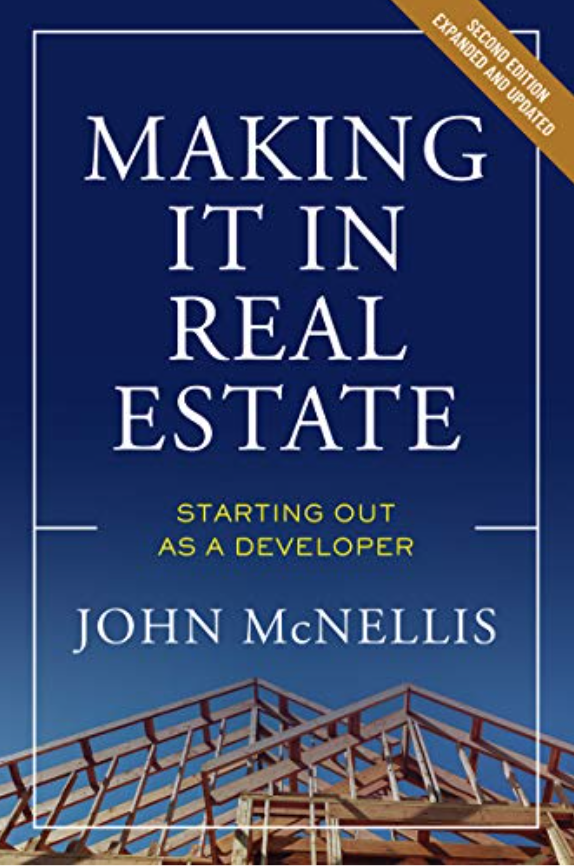I probably shouldn’t put this in print, but here goes: we counter every offer we get. Even if we’re thrilled with an offer, it doesn’t matter; we counter it, if ever so slightly. If someone offers us full price on a property we’re selling, we’ll counter with, say, the timing of the closing or the amount of the initial deposit. If a retailer were to offer us full rent (never happens, by the way), we’d haggle over the tenant improvement allowance or the lease term. Countering has been become a hard and fast rule with us.
Why?
Because if you don’t—if you accept an offer exactly as presented—your buyer will go into escrow with you, but your ready acceptance will begin to gnaw at them. Maybe not the first day or week, but soon they’ll decide they offered too much, their price is too high or, worse, that something must be wrong with the property. What happens then? They agonize over it during their initial due diligence (the aptly named “free look” period) and then either walk away or demand a price reduction. You have the choice of taking their haircut or terminating the escrow and losing all the free time you gave them. Far better to make the buyer feel they’re getting a deal by bargaining hard at the outset.
Every merchant at the rug bazaar knows this. This should be obvious to anyone with even a small flair for business, certainly to all of us who live in a transactional world where everything from who makes the coffee run to where to go for drinks after work is a negotiation.
But here’s a point worth remembering. Not everybody works at the rug bazaar. Relatively few think like us. For the great masses, business is not only uninteresting, but abstruse, if not to say impenetrable. Their everyday lives are not ones of ceaseless negotiations and they are as likely to pore over TheRegistry or the Wall Street Journal as to expound upon the marvels of compound interest. In short, it’s worth bearing in mind that ours is a small tribe and that our ways are neither universally practiced nor admired.
An extreme example might drive this point home. I have a friend who in less secular times might have been canonized. He’s as poor as the proverbial church mouse, and now runs a small non-profit dedicated to providing housing for the working poor. Also—this is important to note—he is very smart. Anyway, many years ago, he and his wife listed their San Francisco home for sale. The market was hot, and they immediately received a bid for considerably more than their asking price.
Troubled by the offer, the couple needed time to mull it over. Then, presumably over the appalled objections of their realtor, they decided to counter the buyers with a lower price. Yes, a lower price. This saintly couple didn’t think their home was worth the higher amount, they thought the buyer would be paying too much. They wanted to be fair. One can only imagine what went through the buyers’ minds when they read a counter offer many thousands lower than their original offer. Despite whatever consternation they may have had, the buyers went into escrow. But—now this is pure conjecture—they must have been so certain something was wrong, that the house had hidden defects that they bolted from the deal within days. Saddened, surprised at the reaction to their kindness, the good couple eventually sold the house to others at a lower price.
This story has stuck with me for thirty years, perhaps because of its almost biblical nature. Like a New Testament parable, it lends itself to different readings. The sharp would doubtless label the couple fools, the gentle might admire the couple’s lovely intentions, their openhanded willingness to give up what to them was a very considerable sum. And to others, it might call into question their whole approach to life.






















